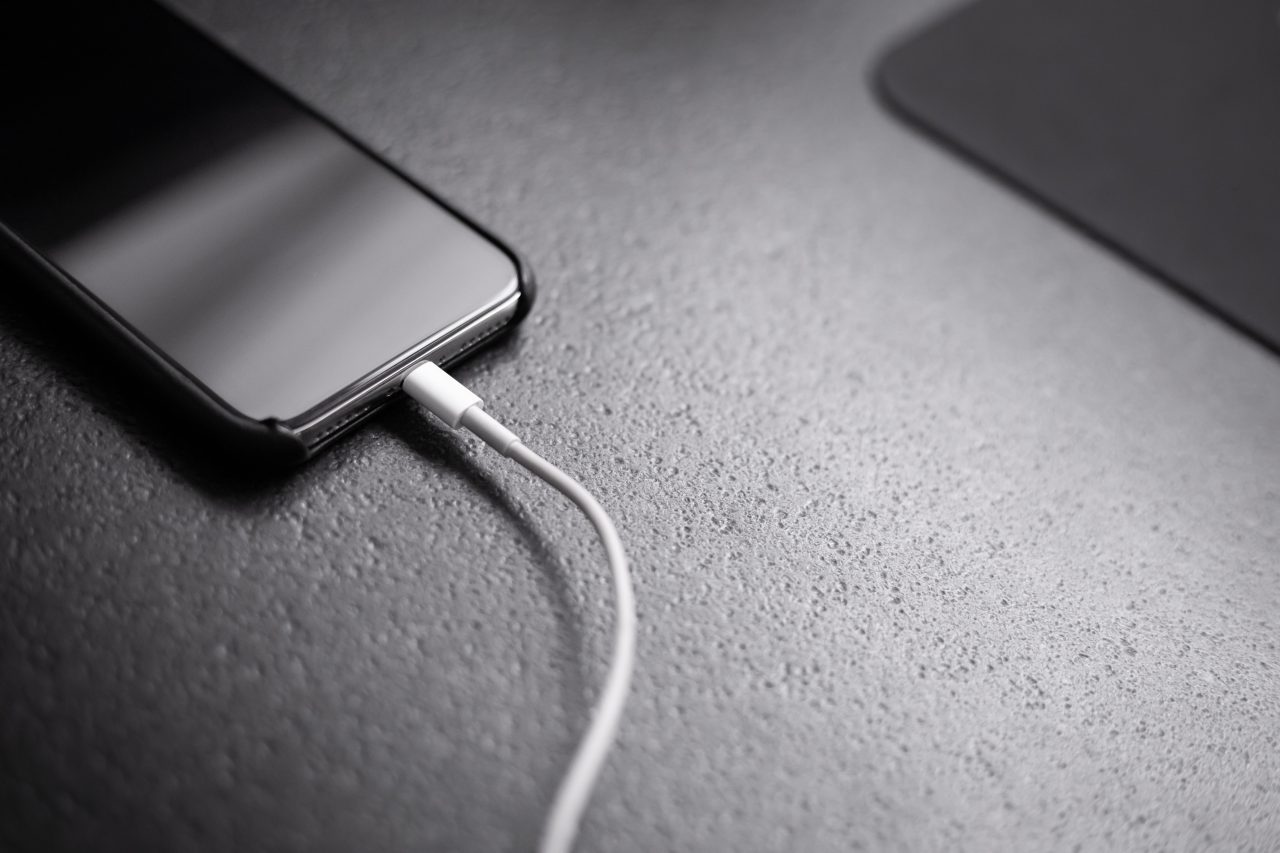Empathy, the ability to understand and share the feelings of others, is a remarkable human trait that fosters connection, understanding, and compassion. It allows us to bridge gaps, offer support, and create a more empathetic world. Like my friend allways says, it’s an essential part of being human. However, like any valuable resource, empathy isn’t an infinite wellspring. Just as we consider our energy levels for physical activities, evaluating whether we have the emotional energy required for being empathic is essential. Have you thought about emotional energy and how to manage it effectively?
What Is Emotional Energy
Emotional energy is the capacity to engage emotionally with others, lend an ear or shoulder, offer support, and genuinely connect on an emotional level. Just as our physical energy waxes and wanes, so does our emotional energy. We need to recognize that empathy isn’t a switch that’s always on—it’s influenced by our personal well-being, circumstances, and the emotional demands of our surroundings. You need charging to stay on.
The Importance of Self-Care
Before extending empathy to others, we must ensure that our emotional reserves are adequately replenished. Much like a smartphone needing regular charging, we must engage in self-care activities that boost our emotional energy. For someone, charging is alone time; for someone, it is the presence of their family, painting, swimming, or reading. The most essential part is that you find your charger. Neglecting self-care can lead to empathy fatigue, where we cannot provide genuine empathy due to emotional exhaustion.
What is Empathy Fatigue:
Empathy fatigue, also known as compassion fatigue, is a state in which our capacity for empathy is diminished due to emotional exhaustion. Signs include feeling emotionally numb, reduced patience, irritability, and helplessness. Sometimes, we are too close to ourselves in those moments to see the symptoms. Whether it’s a working or home environment, it’s good to have someone you can trust and feel comfortable receiving feedback from. Recognizing these signs is pivotal but not easy, so helping prevent burnout and maintaining healthy emotional boundaries is sometimes crucial.
The Balance of Giving and Receiving
Empathy isn’t just about giving; it’s also about receiving. While extending empathy to others, we must have individuals or spaces where we can share our emotions without judgment. This reciprocal exchange helps replenish our emotional energy and reminds us that we’re not alone in navigating complex emotional landscapes.
I’m nowhere near mastering my empathy energy, but here are some tips I have received that have helped me for years:
- Self-Reflection: Regularly assess your emotional state and evaluate whether you have the capacity for empathic engagement. In the beginning, this was hard; I didn’t know what I was evaluating, but with a little help from more experienced mentors, I started to identify the critical aspects.
- Set Boundaries: Establish clear emotional boundaries to prevent overextension. Know when to offer support and when to prioritize self-care. Those few minutes in the kitchen fixing dishes during a party might not be a sign for a cleaning enthusiast, but a delicately planned and placed time to recharge.
- Practice Self-Care: Engage in activities that recharge your emotional energy, such as spending time in nature, reading, meditating, meeting your charge people, or pursuing hobbies.
- Seek Support: Connect with friends, family, or professionals who can provide emotional support when needed.
Empathy is a precious resource that enhances our relationships and enriches our lives. However, it’s imperative to recognize that empathy requires emotional energy and that energy needs replenishment. By being attuned to our emotional well-being, setting boundaries, and practicing self-care, we can balance offering empathy while ensuring our emotional sustainability.
I wish you a well-charging week!!




